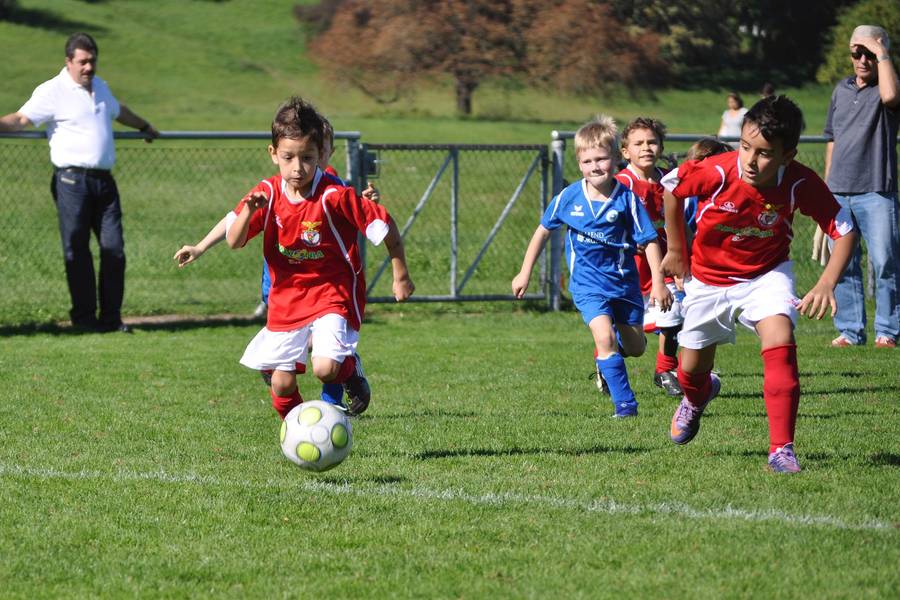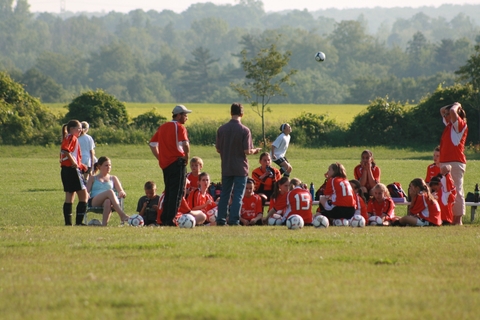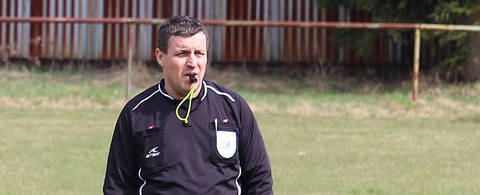Injury prevention is essential for young footballers to ensure their long-term health and performance. By adopting effective strategies, you can minimise the risk of injuries and keep your players on the field. Learn how to implement practical measures that promote safety and well-being in youth football.
Ensuring the safety of young footballers is crucial not just for their current season but also for their future in sports. Developing a strong foundation in injury prevention will help young athletes maintain optimal health and performance. By focusing on preventive measures, you can reduce the likelihood of injuries and enhance the overall experience for your team.
Warm-up routines and conditioning
A comprehensive warm-up routine is vital for preparing young footballers' bodies for the physical demands of the game. Warming up increases blood flow to muscles, enhances flexibility, and reduces the risk of strains and sprains. Incorporate dynamic stretches and light aerobic exercises to get players' heart rates up and muscles ready for action.
Strengthening and conditioning exercises should also be a part of your training regimen. Core stability, balance training, and agility drills can significantly improve performance while reducing injury risks.
Proper technique and equipment
Teaching young footballers proper techniques is paramount in minimizing injury risks. Correct tackling, passing, and shooting methods not only improve game performance but also safeguard players from unnecessary harm. Ensuring that these skills are taught and reinforced during practice sessions can prevent bad habits from forming.
Equally important is the use of appropriate equipment. Quality gear such as well-fitted cleats, shin guards, the best ankle support and protective headgear can protect players from potential injuries. Properly maintained playing fields also play a significant role in injury prevention by providing a safe environment for training and matches.
Rest and recovery
Allowing adequate rest and recovery time between games and training sessions is essential for young footballers' health. Overtraining can lead to fatigue, which significantly increases the risk of injuries. Encourage your players to listen to their bodies and take necessary breaks when needed to avoid burnout.
Incorporating rest days into your training schedule allows muscles to repair and grow stronger, ultimately improving performance on the field. Implementing recovery strategies such as proper hydration, nutrition, and sleep will further support players' overall well-being.
Education and awareness
Raising awareness about injury prevention among players, coaches, and parents is crucial in fostering a safe sporting environment. Educate everyone involved about the importance of warm-ups, proper techniques, equipment use, rest, and recovery. When all parties are informed, they can work together effectively to prevent injuries.
Regularly updating training programs based on the latest research and recommendations from reputable sources ensures that your strategies remain effective. Staying informed about advancements in sports medicine can provide valuable insights into new techniques or equipment intended to enhance player safety.



















